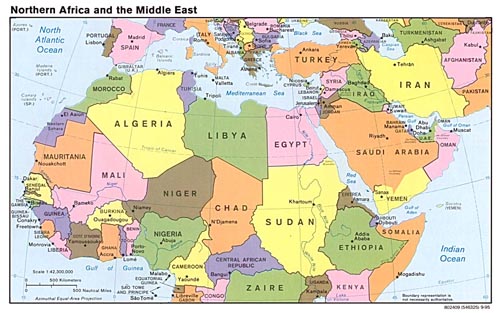
Jordan warns Israel of ‘serious consequences’ for Temple Mount clashes
(JNS.org) Several hours after Jews and Arabs clashed Sunday on the Temple Mount, Jordan accused Israel of breaching the delicate status quo in the area.
Jordanian Media Affairs Minister Mohammad al-Momani released a statement slamming the “Israeli settlers and police” for storming the “Al-Aqsa Mosque/Al-Haram al-Sharif (Temple Mount).” Al-Momani said Israel’s actions at the site were “a violation of international laws and conventions” and could lead to “serious consequences.” Al-Momani was apparently referring to several incidents on Sunday in which Jews tried to pray at the site or acted inappropriately. Under the 1994 Israeli-Jordanian peace treaty, Jordan administers the Muslim sites on the Temple Mount through the Islamic Waqf religious trust.
Prime Minister Benjamin Netanyahu has repeatedly stated that Israel has no intention of changing the status quo on the Temple Mount, in which Jews are allowed to visit the compound but are banned from praying there or entering Al-Aqsa.
*
Russia reportedly shows renewed interest in Israeli natural gas
(JNS.org) Sources said Sunday that another round of negotiations over the development of Israel’s Leviathan offshore gas field by a serious player from Russia’s energy sector could be in the works. The degree of Russian interest is still unclear, but the potential renewed Russian interest comes on the heels of Israeli Prime Minister Benjamin Netanyahu’s meeting with Russian President Vladimir Putin in Moscow last Thursday.
Some three years ago, the state-run Russian energy giant Gazprom expressed interest in buying gas harvested from Israel’s Tamar offshore filed. While a memorandum of understanding was signed on the issue, it never matured into a binding agreement. Gazprom later held talks to purchase a significant 30 percent share of the Leviathan field, but those negotiations never resulted in a deal, as Leviathan’s controlling shareholders entered negotiations with Australian company Woodside Petroleum, talks that ultimately also fell through.
Russian access to Israel’s natural gas deposits could have broad geopolitical implications. Russia is an important gas provider to Europe, and since the American company Noble Energy partly owns Leviathan, Russia-U.S. relations may also become part of the equation.
*
Birdwatcher discovers ancient Egyptian scarab seal in northern Israel
(JNS.org) A rare scarab seal belonging to a senior Egyptian official of the 13th Pharaonic Dynasty (18th-17th centuries BCE) has been found at the Tel Dor excavation site in northern Israel.
The seal was discovered by Alexander Ternopolsky, an amateur birdwatcher, who handed it over to the archaeologists at the site.
“The scarab must have belonged to a very senior figure in the kingdom, probably the viceroy responsible for the royal treasury,” said Professor Ayelet Gilboa of the Archaeology Department at the University of Haifa, who is heading the Tel Dor excavations together with Professor Ilan Sharon of the Hebrew University of Jerusalem.
“The owner of this scarab filled a similar position to that held by Joseph in Egypt after he interpreted Pharaoh’s dreams,” Gilboa said.
*
Russia denies intercepting Israeli plane near Syria
(JNS.org) Russia has released a statement denying reports that a Russian aircraft intercepted an Israeli aircraft near the Israel-Syria border last week.
“I do not want to comment on Israeli media. The reports of the Israeli media outlets are far from reality in this case,” said Kremlin spokesman Dmitry Peskov, Sputnik News reported.
Yedioth Ahronoth reported that Prime Minister Benjamin Netanyahu’s visit to Moscow last week was sparked by the plane incident. Netanyahu said his meeting with Russian President Vladimir Putin was “important for the national security of Israel.”
*
Articles from JNS.org appear on San Diego Jewish World through the generosity of Dr. Bob and Mao Shillman. Comments intended for publication in the space below must be accompanied by the letter writer’s first and last name and by his/ her city and state of residence (city and country for those outside the U.S.)